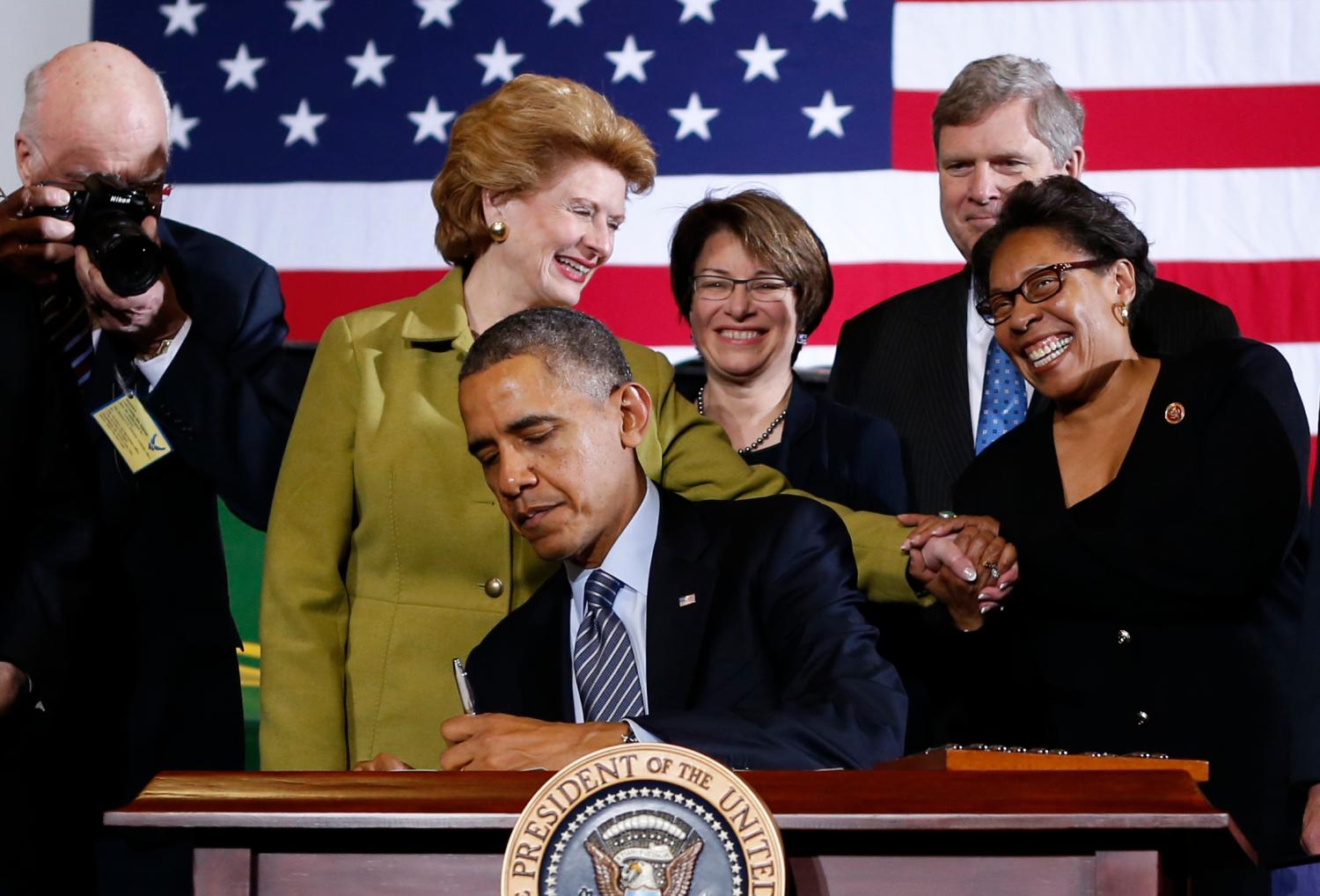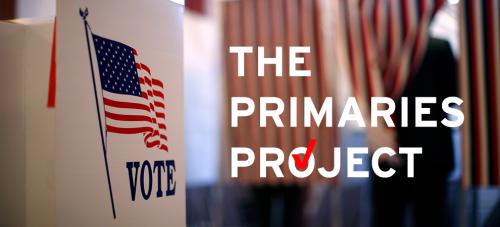Farmers usually don’t see their policy fights make national headlines; at least they didn’t until the Tea Party arrived in Washington. But beginning in 2011, a pitched battle over food stamps thrust the nation’s farm bill into the thick of the red-blue culture wars and a charged 2012 campaign-trail debate over government dependency.
In the latest paper in the Profiles in Negotiation series, Jill Lawrence details how battles over the agriculture budget were waged for years in both chambers of Congress. While there were many significant items up for debate, it was the Supplemental Nutrition Assistance Program (better known as food stamps or SNAP)—the largest single item in the federal agriculture budget—that became a lightning rod for attention, amendments, and ideological point-making in negotiations over a new farm bill.
However, over a period of years, lawmakers managed to overcome their many differences—on drug testing, work requirements, benefit cuts, and much more. Lawrence documents the bill’s progress through the agriculture committees in the Republican House and the Democratic Senate, the House and Senate floors, and ultimately the House-Senate conference committee, where lawmakers and their staffs negotiated their way to a compromise, which then passed both chambers and went to President Obama’s desk.
The law made unusually substantial cuts in payments to farmers, and for the first time, its creation was shaped largely by ideology rather than geography. But the 2014 farm bill was also a relative rarity for its time because of the route it took to enactment. It was not an agreement reached in private by a handful of people which was then presented as a done deal to the rank and file. In contrast to that mode of doing business, so prevalent in an era of gridlock, it was close to a textbook example of “how a bill becomes a law.” As one aide honestly stated, “It’s surprising that it went the way it should have gone. A lot of committees don’t have that ability anymore.”
The Brookings Institution is committed to quality, independence, and impact.
We are supported by a diverse array of funders. In line with our values and policies, each Brookings publication represents the sole views of its author(s).












